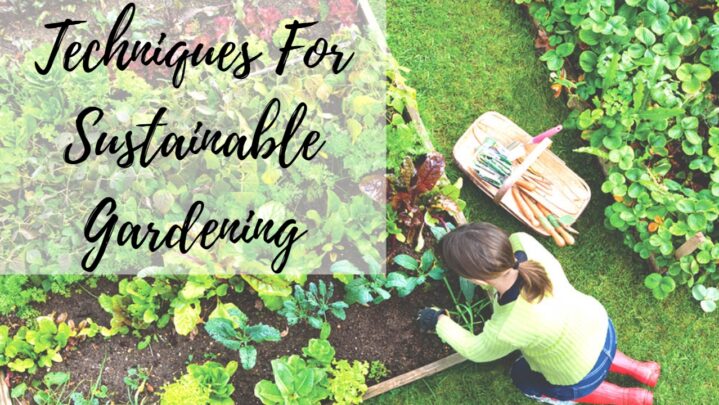Composting is the process of decomposing organic materials to produce a nutrient-rich soil amendment. Composting aids in trash reduction, soil health and fertility improvement, and water conservation.
Crop rotation: By rotating your garden crops, you may avoid soil-borne illnesses and pests, minimize compaction, and retain soil nutrients.
Water conservation is one of the most difficult gardening tasks. Plants should be grouped together based on their water demands, and drought-resistant plants should be used wherever feasible. Consider utilizing rain barrels to collect rainwater for irrigation.
Mulching is the practice of covering the soil with organic material to preserve moisture and inhibit weed development. Mulch also helps to improve soil structure, fertility, and overall health.
Integrated Pest Management (IPM): IPM is a pest management strategy that employs a mix of preventive, cultural, physical, biological, and chemical measures. Instead of utilizing hazardous pesticides, employ natural pest management options such as companion planting, trap crops, and helpful insects.
Avoid synthetic fertilizers: Synthetic fertilizers can harm the ecosystem and increase reliance on chemical inputs. To boost soil fertility, consider utilizing compost, cover crops, and other organic approaches.
Plant native species: It is critical to plant native species in order to maintain local ecosystems and fauna. Because these plants are tailored to the local temperature and soil conditions, they are more likely to grow and need less water and fertilizer.
Also Read: 4 Things to Think About When Gardening On A Balcony





